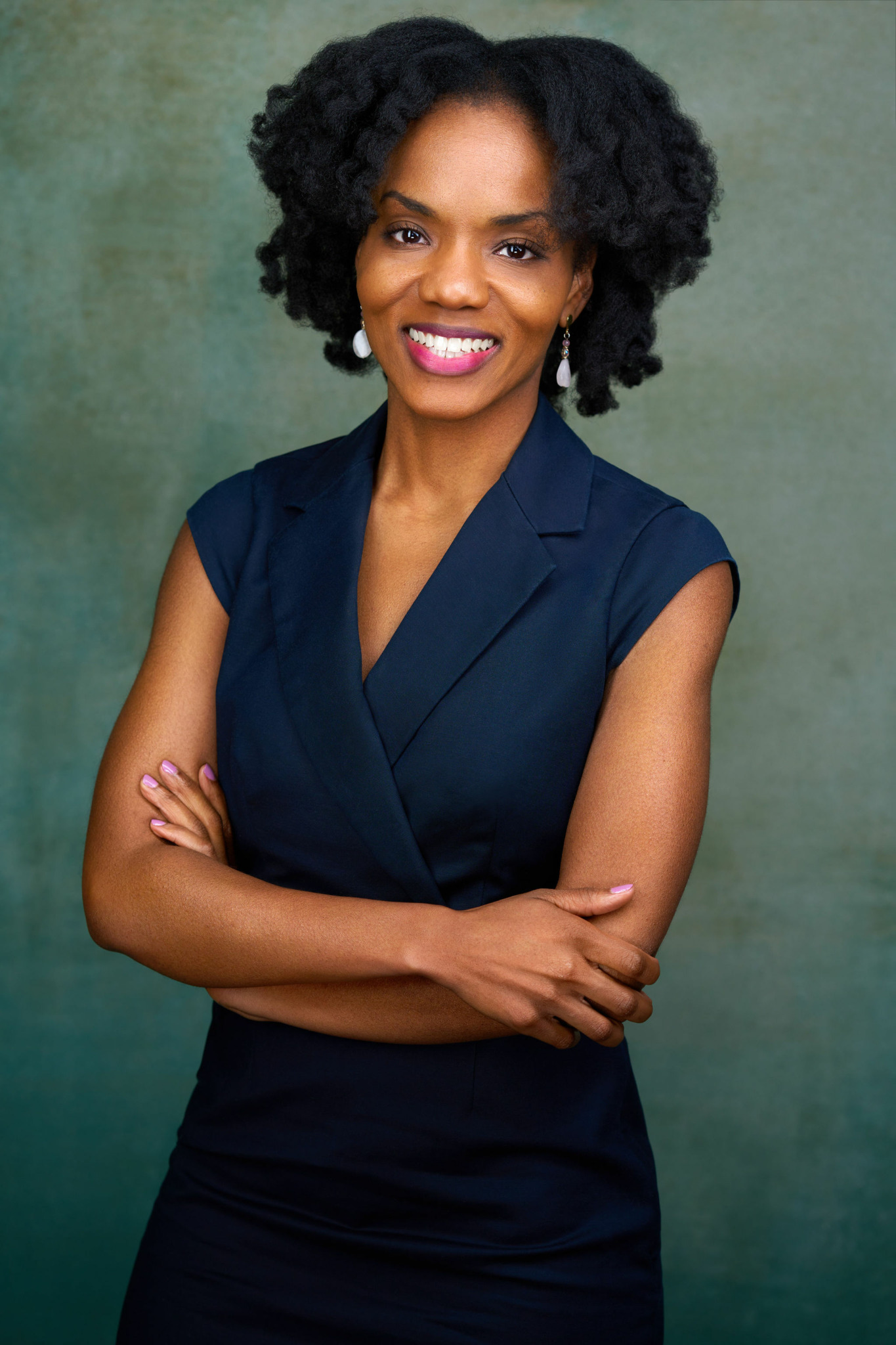Alright – so today we’ve got the honor of introducing you to Amelia Thompson. We think you’ll enjoy our conversation, we’ve shared it below.
Amelia, thanks for joining us, excited to have you contributing your stories and insights. It’s always helpful to hear about times when someone’s had to take a risk – how did they think through the decision, why did they take the risk, and what ended up happening. We’d love to hear about a risk you’ve taken.
Five years ago, I decided to return to graduate school. The decision was made after a friend shared an encouraging note for me to return to a dream that I had abandoned. This friend encouraged me to dust off the dream that I once had to attend graduate school in Boston. My initial response was to doubt that this opportunity still existed for me and to push forward with a plan I had to pursue a different course of study, but her words continued to stir something within me. This experience led me to apply to and begin graduate studies at Harvard University during the pandemic. This change resulted in a shift in my career to one that had been focused on k-12 education and out-of-school-time programming in the United States to a focus on global development. This pursuit led me to begin working in international development at one of the largest humanitarian and international development organizations in the world. When I began working in this arena, I discovered pathways to tackle global challenges at a scale beyond which I had previously worked. As exciting as this opportunity was, no one could have predicted that this field of international development and foreign assistance would be thrown into a crisis within a few short years. As this crisis continues to unfold, I am reminded each day that it has been worth the risk. I’ve met, worked with, and learned from some of the most dynamic people from all over the world. I’ve also been invited to shape programming in contexts that include Rwanda, Senegal, Guatemala and El Salvador. But aside from the places, the people have been the greatest joy of this risk that keeps on giving.
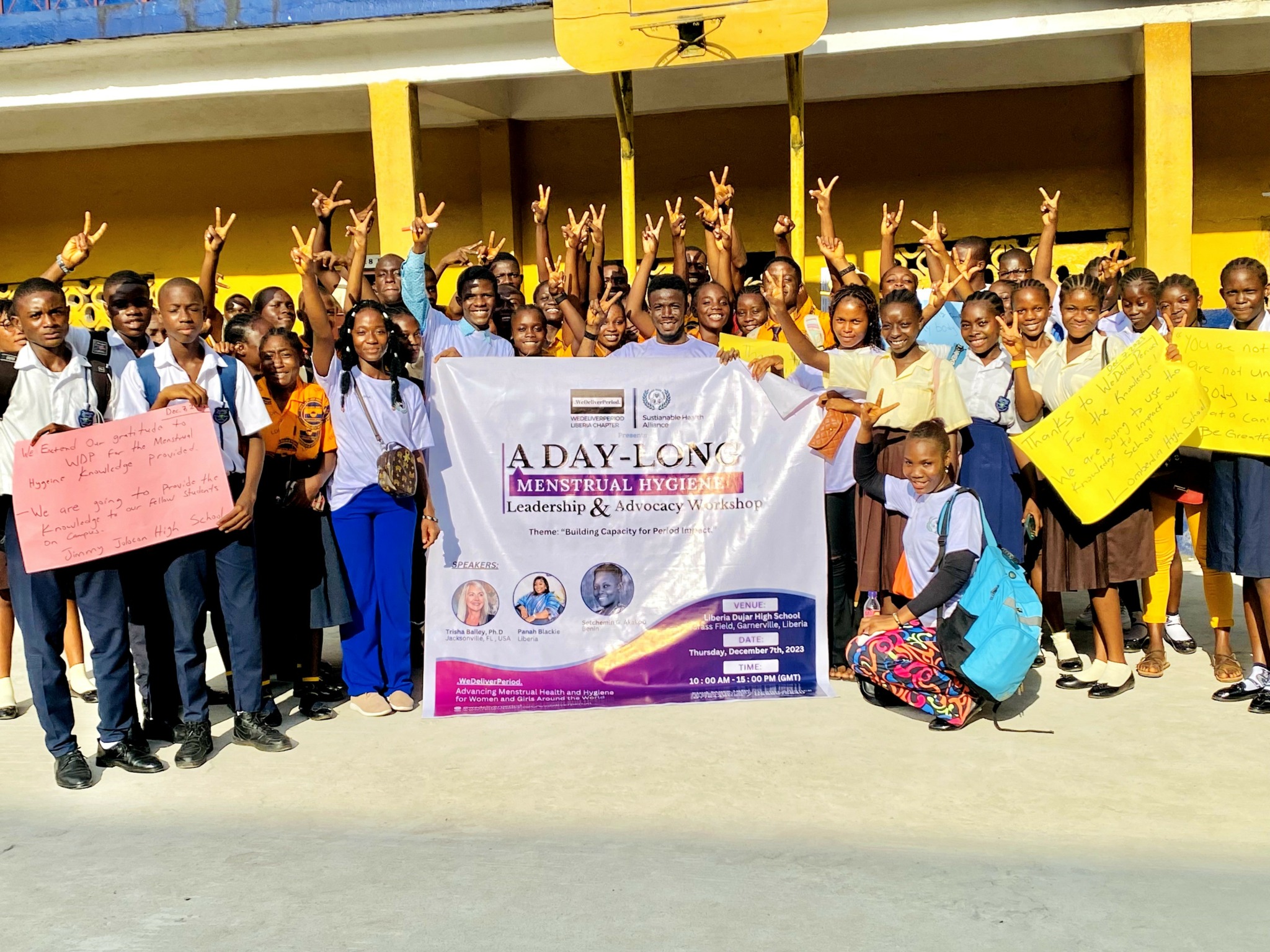
Amelia, before we move on to more of these sorts of questions, can you take some time to bring our readers up to speed on you and what you do?
Eight years ago, instead of hosting a birthday party, I invited friends to purchase period products, which we used to create care packages for an organization called GEMS. GEMS helps teens transition out of sex trafficking in New York City. Through this outreach, I learned about period poverty – a lack of access to menstrual supplies, clean water, safe bathrooms, and menstrual education. As a result, I started an initiative called WeDeliverPeriod. I also learned that approximately 500 million women and girls in the United States and around the world who menstruate experience period poverty. In response to this immense challenge, our work raises awareness about period poverty, helps students start high school clubs and college chapters to tackle period poverty in different countries, and offers support to social entrepreneurs advancing menstrual health in sub-Saharan Africa. To date we have worked with students in countries that include Sri Lanka, Liberia, Costa Rica, Switzerland, Canada and the United States to support their advocacy efforts. Annually, we host a workshop for students to learn about period poverty through Harvard University’s Division of Continuing Education.
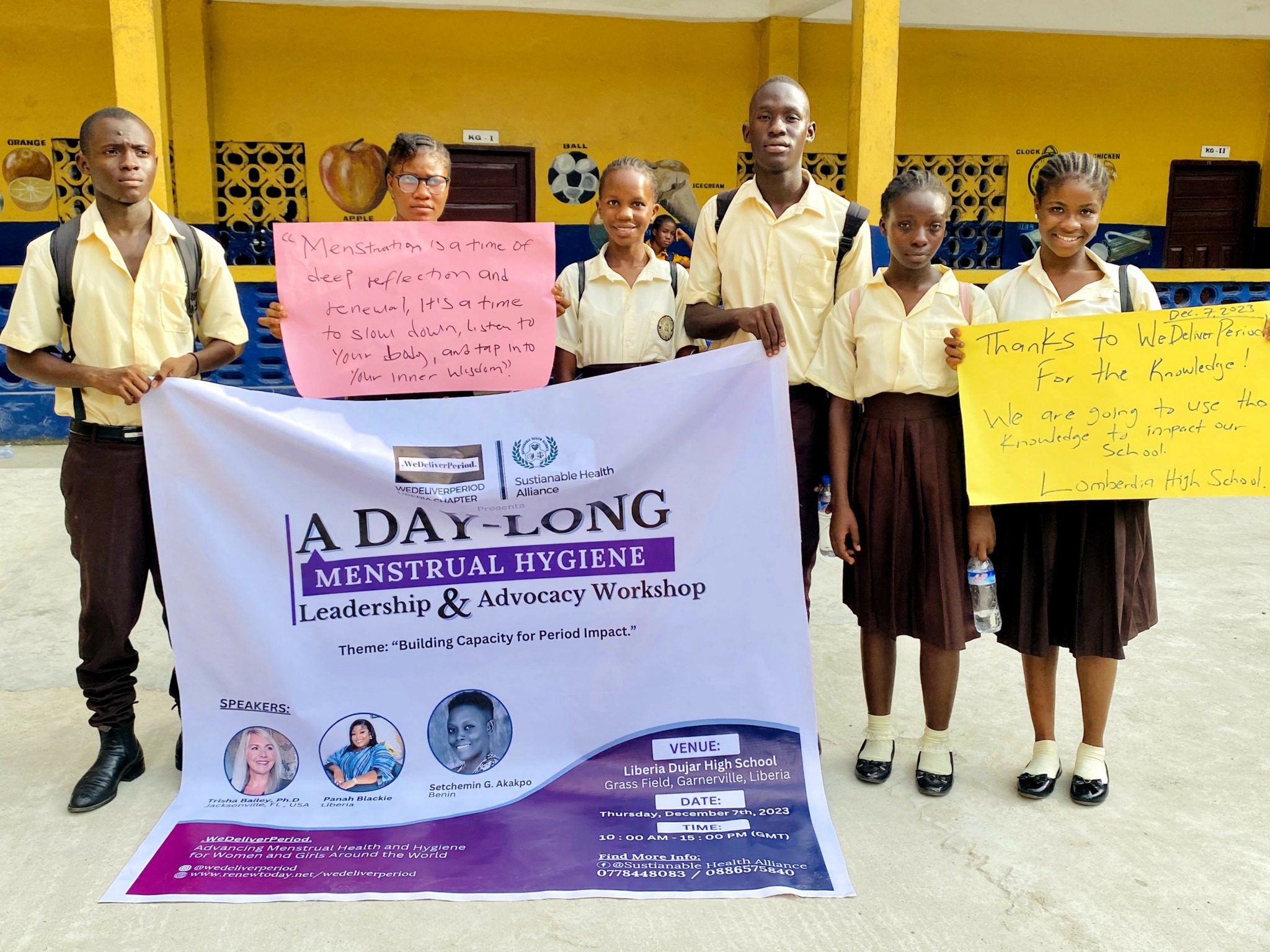
Any stories or insights that might help us understand how you’ve built such a strong reputation?
While in graduate school a friend and classmate said to me, “Keep building this powerful network.” She was referring to my efforts to bring together thought leaders in gender equity to raise awareness and support social entrepreneurs working in sub-Saharan Africa. Her encouragement helped me to see the value of our efforts to build community around menstrual health, a topic that is often overlooked and underfunded. Her words have also helped me build my reputation. By committing to efforts that promote the needs of women and girls and forging partnerships in this space, we have collaborated with entities that include Keeping a Girl in School in Kenya and the University of Cincinnati with which we are working to support menstrual health education in Shirati, Tanzania. These experiences have allowed us to reach more communities and advance our mission of making menstrual health a reality for women and girls around the world.
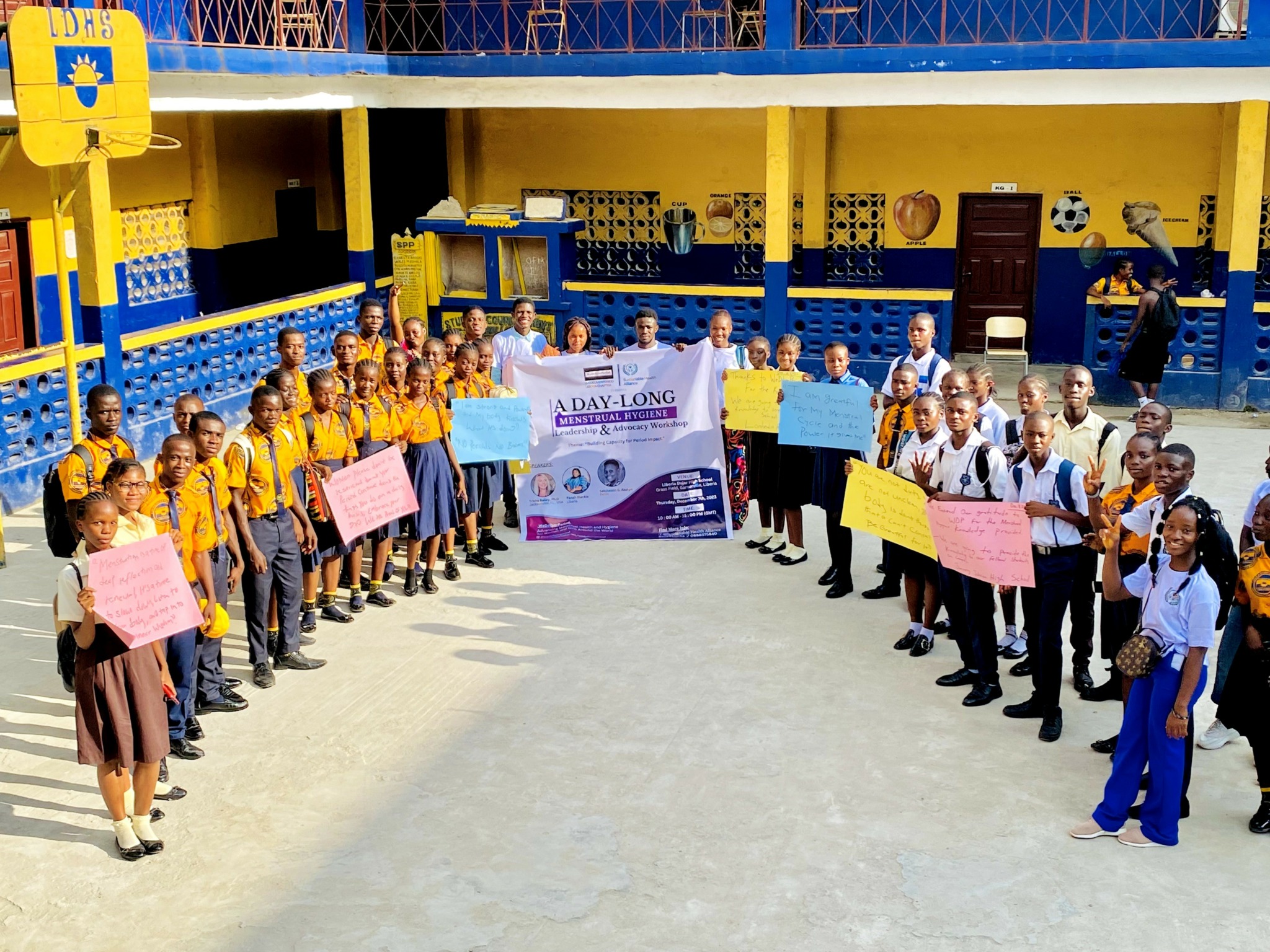
How do you keep your team’s morale high?
We are a lean operation and are largely volunteer led. For this reason, one of the ways we try to build and maintain high morale is by extending opportunities to our team to benefit from professional development experiences that may be offered by other organizations. As an example, in 2024, we were invited to participate in the McKinsey & Company Connected Leaders Academy, an initiative that helps organizations develop future leaders from underrepresented groups. Through these efforts to grow professionally, we want our team members to feel supported not just in the work they do for our organization, but also in their broader careers and lives. This commitment to their holistic development is essential in an environment where high morale is maintained.
Contact Info:
- Website: https://renewtoday.net/wedeliverperiod/
- Instagram: @wedeliverperiod
- Linkedin: https://www.linkedin.com/in/amelia-e-thompson/
- Youtube: https://www.youtube.com/@renewtoday
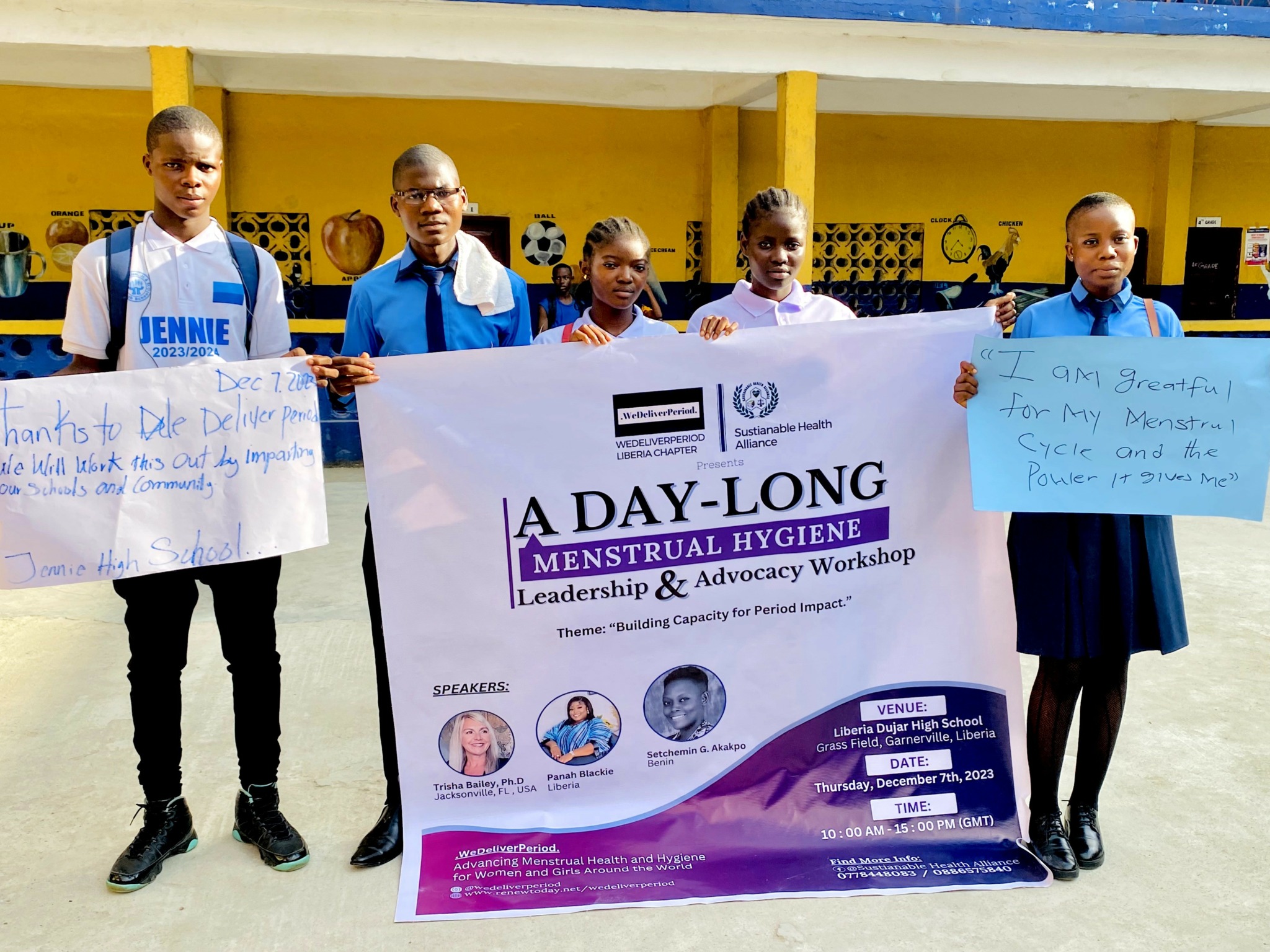
Image Credits
Stephen Ben, WeDeliverPeriod Global Impact Fellow


